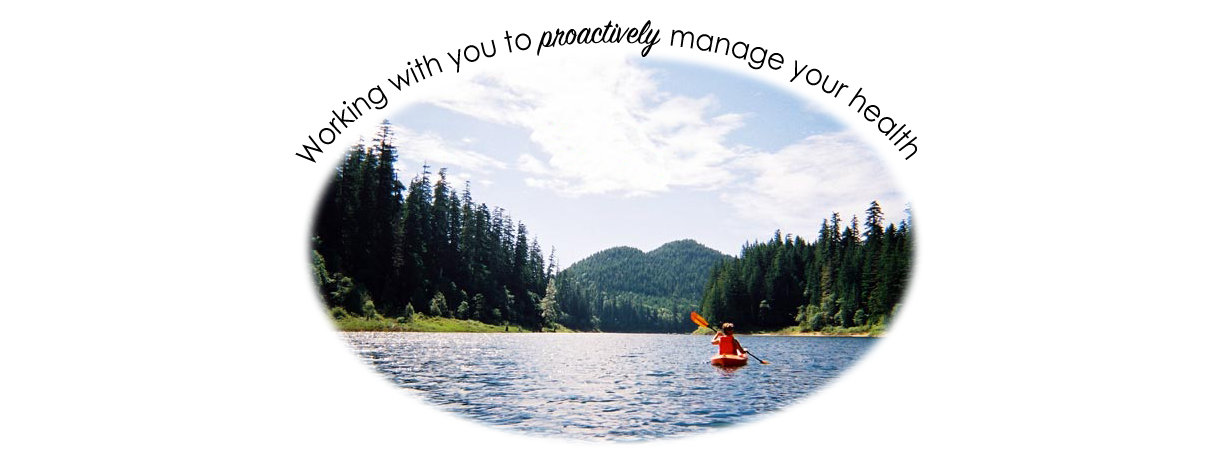We have made great strides over the last few decades when it comes to identifying the genetic mutations associated with different cancers. Genetic counseling is now available to anyone with a family history of multiple cancer types, early onset of illness, a rare cancer type, or a generational pattern of one particular cancer. Most insurances will cover this test if individuals meet high-risk criteria, and many labs offer financial assistance to those with a demonstrated need (we work with several oncology centers that offer this as a resource). Genetic screening can be an extremely useful data point for people evaluating the risks to themselves and to their family members for cancer. The results can inform how frequently people should be screened and what the statistical recommendations are for preventative surgical treatments (a la the “Angelina Jolie” approach).
That said, current research indicates that only 5-10% of all cancers are due to inheritance (the DNA one receives from one’s parents). We like to use the analogy that your body is like a garden and we are all making weeds called cancer cells in the garden every day. However, if the soil is healthy the weeds do not take over. Your genes are one minor factor of what allows the weeds to grow. A healthy garden explains why a number of patients with documented genetic mutations never go on to develop cancer.
Someone can be BRCA1 or BRCA2 positive, meaning that these inherited genes do not repair DNA as expected. This leads to mutations over time and greatly increases the risk of developing cancer, especially breast cancer and ovarian cancers. So, what happens with the minority of folks who carry these dangerous genes and yet remain cancer-free? You inherit your genes from your parents, but your environment and nutrition turn them on or off. This is what is referred to as epigenetics and nutrigenomics and where we at Journey to Wellness come in.
We know cancer is a multifactorial disease. There is never only “one reason” for cancer, for if that were the case, we’d have eradicated this scourge many generations ago. Instead, cancer is the result of a complex interplay between genetic predispositions, environment, lifestyle, nutrition, blood sugar control, immune function, inflammation, and emotional/spiritual health to name a few. No one is capable of being “perfect” and/or completely without risk. But, knowing what many of the risk factors are for cancer, we are given the gift of agency. Those of us trained in Naturopathic Oncology prioritize teaching patients how to take care of themselves. Patient education and empowerment are central to our practice at Journey to Wellness. Epigenetics and nutrigenomics are essential to modulate genetic risk factors and reduce your chance of getting cancer, especially those with a family history of cancer. We also use the tools of complementary oncology to reduce the risk of cancer recurrence for those who have already had it.
When appropriate, genetic testing is important for clarifying one’s own risks and those affecting one’s family. However, it is important to remember, genes are not destiny. They may change the soil a bit, but we can help to modify that soil to determine whether the seeds or weeds in the garden grow. Which will wither or thrive depends on the health of the garden. Our job is to keep the garden healthy so the weeds do not take over. There are concrete actions that can be taken in advance to reduce the risk of developing cancer. There is no such thing as 0% risk…. but there are many things that can be done to improve the outlook for someone who is at risk. If you want to learn more, please call our office at (360) 695-8800 for a free 15-min consultation.
Best in health,
Cynthia Bye, ND, FABNO
Board Certified in Naturopathic Oncology
